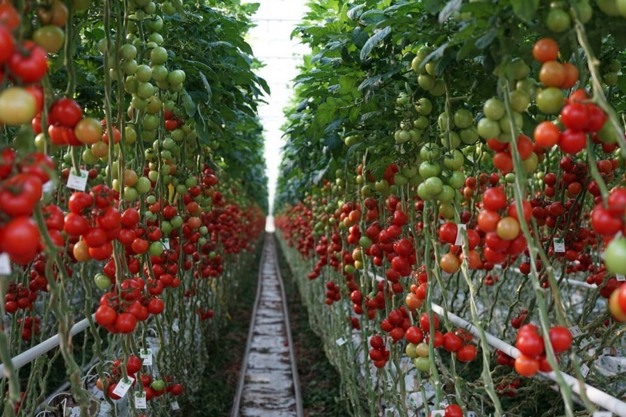From January 14–16, 2025, CompoPac will be exhibiting for the second time at the SIVAL trade fair in Angers, France, to present its packaging solutions and, above all, its products for the agricultural and food sector under CompoPac Growth. The company focuses on technologies and a clear vision: a world with less plastic.
Versatile and future-proof
CompoPac's product portfolio includes compostable packaging nettings and, thanks to CompoPac Growth, is complemented with cellulose climbing aids that have been developed to meet the needs of fruit and vegetable growers. This offers an alternative to conventional plastic solutions without compromising on functionality and quality. These products are not only eco-friendly but also customized to meet the requirements of different types of cultivation.
Vision and commitment
With more than 100 years of textile experience at its site in Leutershausen, Germany, the company develops products that are not only eco-friendly but also produced locally. This ensures short transportation, a fast response time, and a reduced carbon footprint.

CompoPac is also gaining increasing international recognition. Séverine Didier-Pierron, the company's French representative, adds: "Our twine and packaging solutions are growing in popularity. More and more producers are recognizing the value of sustainable alternatives, and CompoPac is becoming a permanent fixture in the European agricultural sector."
CompoPac growth
The CompoPac Growth truss support is in the starting blocks as the next upcoming product. A degradable material that is both industrially and home-compostable is currently being tested. This material consists entirely of natural materials, some of which are even agricultural waste products from the agricultural sector.
Commercially available materials such as PLA, which is only industrially compostable, remain in the environment for a long time without really decomposing if disposed of improperly. This leaves behind unpleasant residues in the form of microparticles. The new material offers clear advantages here: It decomposes without leaving any residue and without harming the soil and its microorganisms. Plastic solutions made of PP and PE are therefore a thing of the past.
 For more information:
For more information:
Séverine Didier-Pierron
CompoPac
Tel: +33 (0) 6721-506-95
Email: [email protected]
www.compopac.com
